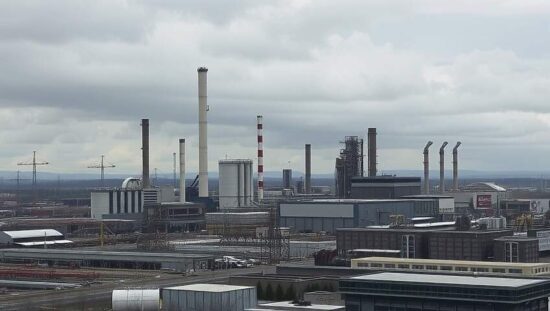The Volkswagen plant in Zwickau, a critical hub for electric vehicle production, will enter short-time work, beginning next Wednesday, October 29th, due to a severe and escalating semiconductor shortage. The announcement, delivered during a works council meeting, follows a sharply worded open letter from the IG Metall union, highlighting growing anxieties among employees regarding the plant’s future viability.
The IG Metall’s letter, reportedly demanded direct responses from Volkswagen’s leadership, expresses a palpable sense of frustration and accuses management of insufficient action to safeguard the Zwickau location. Union representatives allege a lack of resolute commitment to the plant’s long-term security, raising concerns about Volkswagen’s strategic priorities amidst a rapidly shifting global automotive landscape.
Adding a layer of geopolitical complexity to the situation, the recent decision by China to halt the export of key semiconductors has exacerbated the crisis. This includes products manufactured by Nexperia, a vital supplier for German automakers, effectively crippling production at Zwickau and potentially impacting other Volkswagen facilities across Europe.
While Volkswagen has publicly acknowledged the challenges posed by the chip shortage, the swift implementation of short-time work at Zwickau, home to the ID.3 and ID.4 models, suggests a deeper, more urgent situation than previously indicated. The union’s criticism underscores a broader tension: whether Volkswagen is adequately preparing its workforce and strategically investing in crucial manufacturing locations to weather escalating supply chain disruptions and navigate increasingly complex international relations. The incident raises critical questions about the resilience of Germany’s automotive industry and its dependence on global supply chains, particularly those originating from politically sensitive regions. The ramifications extend beyond Volkswagen, potentially setting a precedent for other German manufacturers facing similar pressures.





